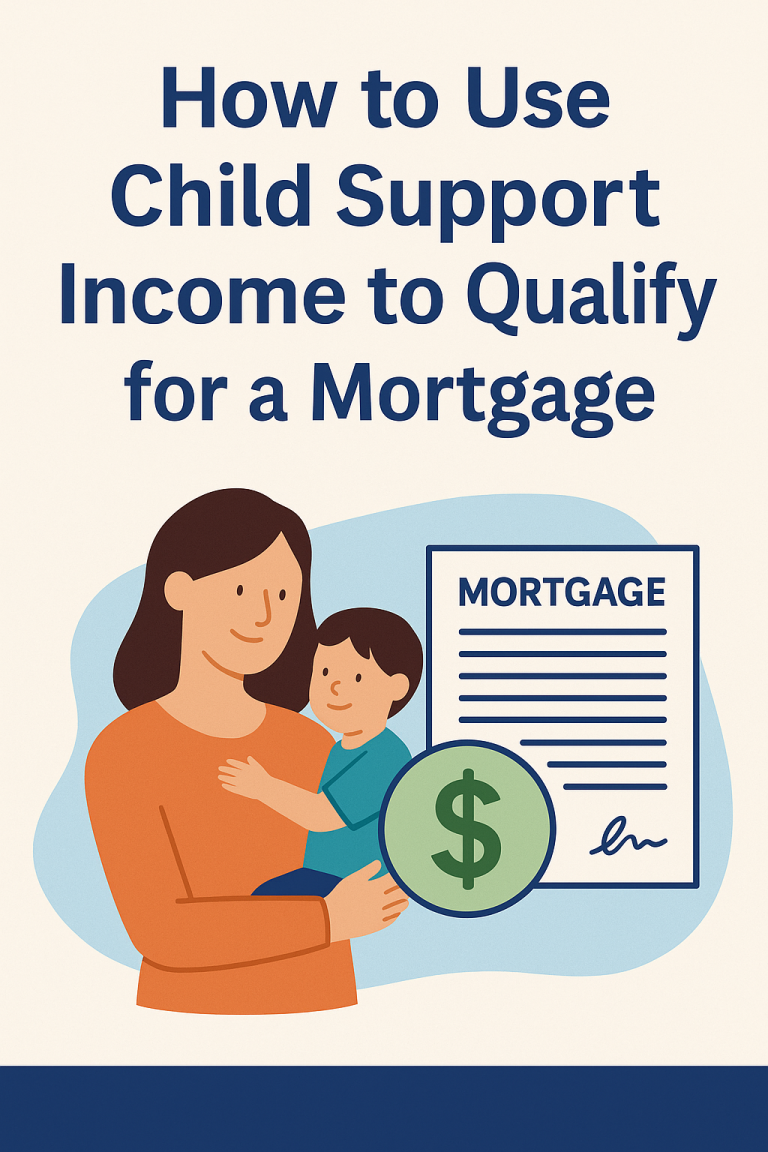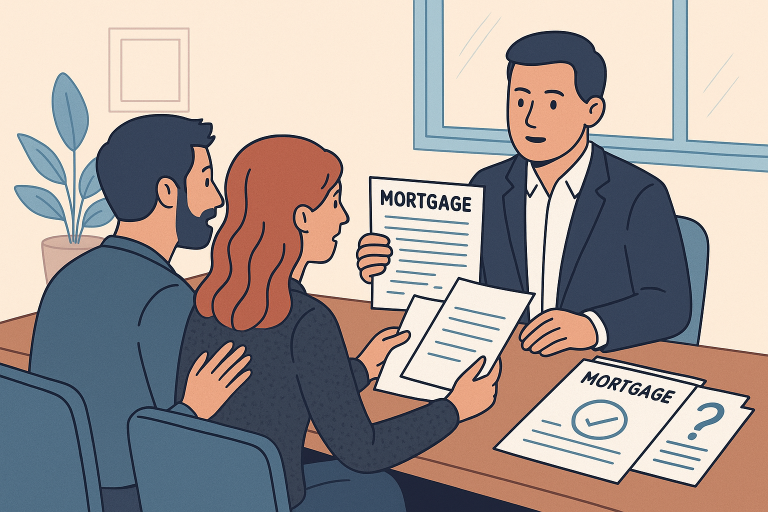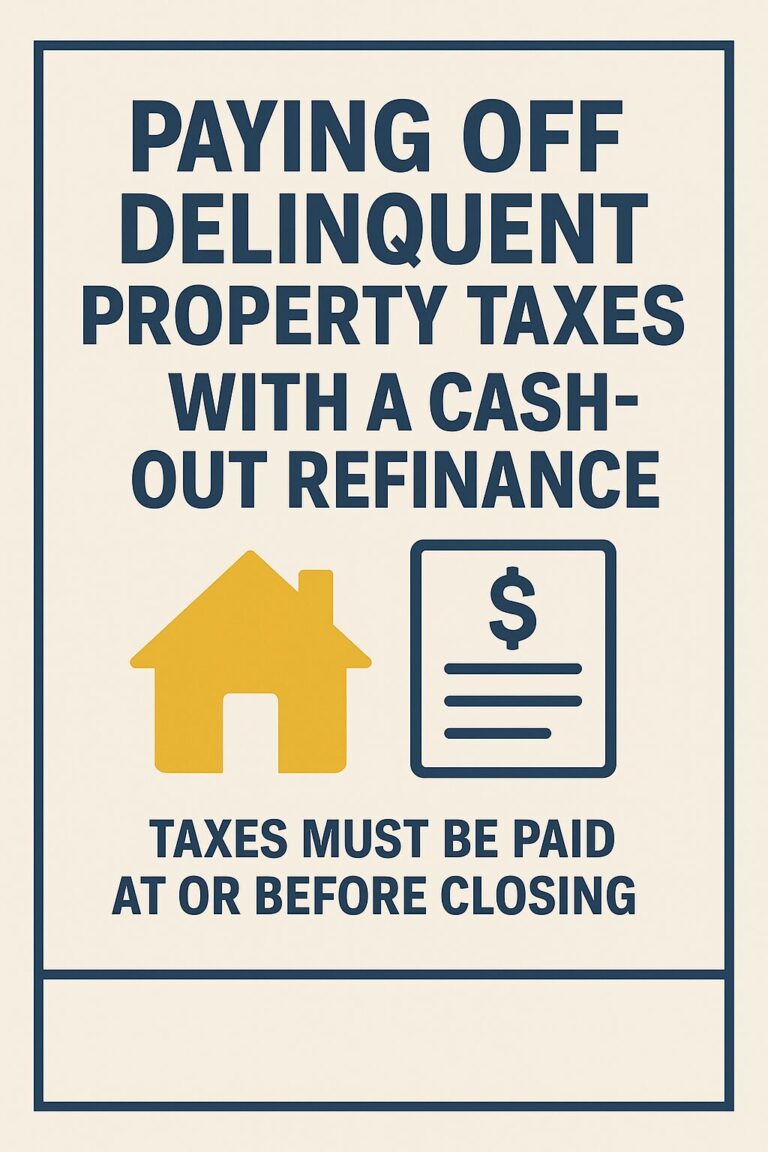If you have some credit challenges preventing you from getting mortgage with competitive rates and fees, read on. Here are some tips you can take to the bank…
Know this: you need not have perfect credit to buy a home or get a mortgage. Your credit just needs to be sufficient; good, bad, ugly or indifferent, as long as your credit score matches the credit criteria of the mortgage loan size and property type you are looking for, you can get a mortgage. Here’s a quick cheat sheet for the top three most common mortgages along with the credit score requirements:
Conventional loans-you’ll need at least a middle credit score of 620.
What to know: Conventional mortgages with any credit score 620-679, expect to pay higher rates and fees than if your credit score was 680 or higher.
FHA loans-you’ll need a credit score of at least 600.
What to know: There are lenders that do FHA Loans with as low as a 580 credit score, but it’s going to come with a cost such i.e. tougher financial criteria. Expect the lender to go through your file with a much finer toothed comb on anything less than the 620 credit score. Note-if your credit score is 620 or higher, not only will you get better rates and fees, but you’ll have an easier loan process.
Jumbo Loans– you’ll need a credit score of at least 680.
What to know: you will need at least 30% equity when buying or refinancing a home. A 700 or better score yields better rates and terms and less down, just 20%.
Golden ticket mortgage strategies
Pay off debt+ rapid re-score= equals potential eligibility
Many lenders have a credit doctor service available to them through their credit reporting company that allows them to run statistical credit modeling. Here it how it works: the lender plugs in the needed credit score and the credit doctor algorithm analyzes your complete credit picture providing credit potential improvement results. Oftentimes, high utilization of credit is the culprit for a low score. By paying down the certain credit accounts waning on your credit score, you could make yourself mortgage eligible within just a few days.
Time
If your mortgage project is on the longer-term horizon, that is ok, time is your friend. Credit history is a large component of a healthy credit score. Make your payments on time and avoid late payments of any kind. Doing this over time builds a healthy credit score because it shows that you are responsible with your obligations and in turn the credit bureaus reward you by improving your credit score.
Quiet disputing credit accounts
If you have a beef with a creditor best to handle it without disputing it. When you request a creditor put your account in dispute, the credit bureaus ignore that account as if it is not there. In other words, if you have a late for example on your credit card and you dispute that late, the credit bureaus will not read the account at all. In order to get a mortgage, you cannot have any accounts in dispute. Changing an account from “disputed” to “undisputed” can make your credit score drop and your loan will not move forward until all accounts if any are removed from the “disputed” status.
Put more money down
If you have the ability to put more money down to buy that home doing so could put you in an entirely different mortgage loan category which may allow for credit flexibility.
If you have been told no by a broker, banker or lender, you owe it to yourself to get a second or third opinion. What’s more – your credit score maybe different from the beginning of the month, to the end of the month (based on one your creditors report to the bureaus), so be sure to take this into consideration if you’re just a few points off for the mortgage loan type or eligibility you need to be at for your individual scenario.
Looking to get a mortgage to buy or refinance a home? Begin with a free rate quote now.
Share:
RELATED MORTGAGE ADVICE FROM SCOTT SHELDON
Why Lenders Request the Same Documents More Than Once
If you’ve ever applied for a mortgage, you’ve probably wondered why lenders sometimes ask for…
VA Loans and the Clear Pest Report Requirement: What Buyers Need to Know
If you’re a homebuyer using a VA loan to finance your property, there’s a unique…
View More from The Mortgage Files:
begin your mortgage journey with sonoma county mortgages
Let us make your mortgage experience easy. Trust our expertise to get you your best mortgage rate. Click below to start turning your home dreams into reality today!



